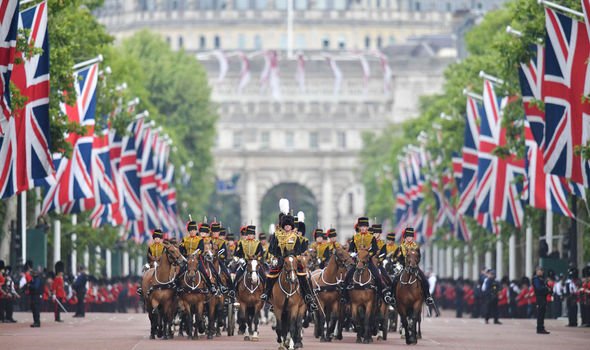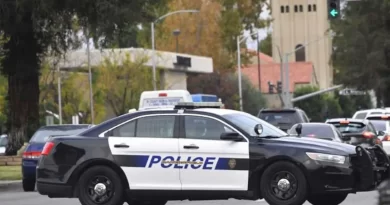Security costs of UK royals cannot be made public, judges rule
A freedom of information tribunal has ruled against disclosing the cost of protecting members of the royal family to the public.
The decision came after judges Lynn Griffin and Jo Swaney heard confidential evidence from a senior Home Office official. They determined that the secrecy surrounding the evidence prevented them from fully explaining their decision in the public judgment.
The tribunal rejected a request by the Guardian to disclose the expenditure on protecting the Windsors, citing concerns that such information could potentially embolden attackers. This means that the cost of protecting the royal family, believed to be in the tens of millions annually, will remain undisclosed, making it difficult for the public to ascertain the total expenditure on the monarchy.
During the tribunal, the Guardian argued that disclosing a combined figure for security costs between 2017 and 2020 would foster public debate without compromising security. However, the judges upheld the Home Office’s stance, stating that revealing such information could increase the risk of attacks.
The judges based their decision on confidential evidence provided by Thomas Rutherford, the head of the royalty VIP and MP security unit, who testified both publicly and privately. Rutherford’s private testimony, deemed necessary to protect national security, played a crucial role in the tribunal’s ruling.
The Guardian’s argument that similar information on protecting British MPs and the US president is routinely disclosed was dismissed by the judges, who cited confidential evidence from Rutherford to support their decision.
While the monarchy is funded mainly through the sovereign grant, which does not include security costs, the exact expenditure on royal protection remains undisclosed.




